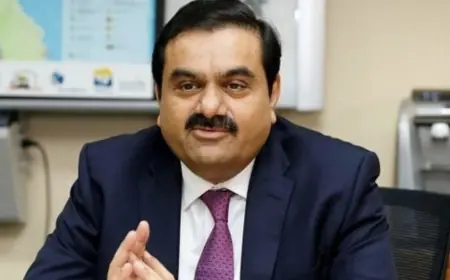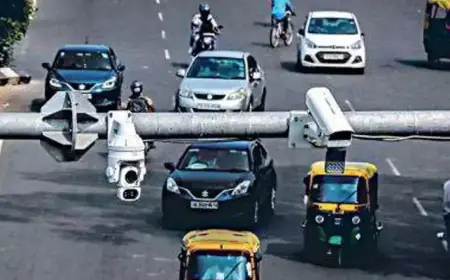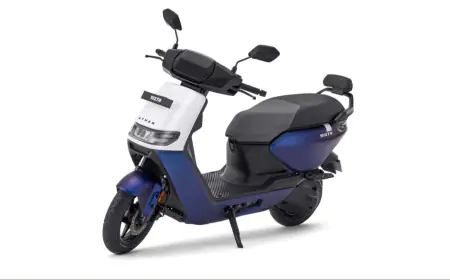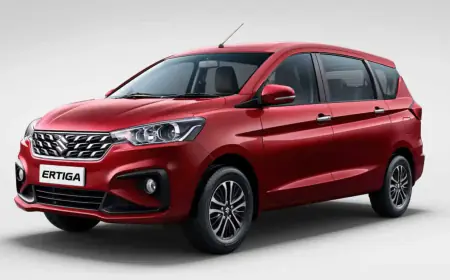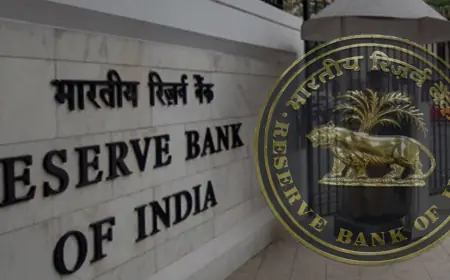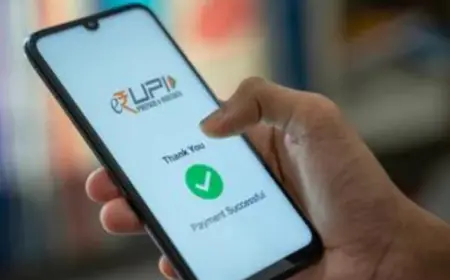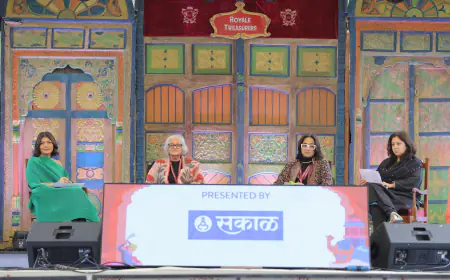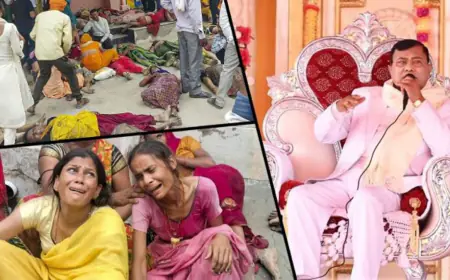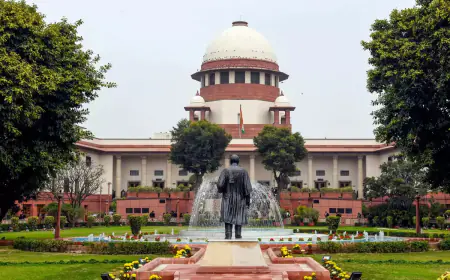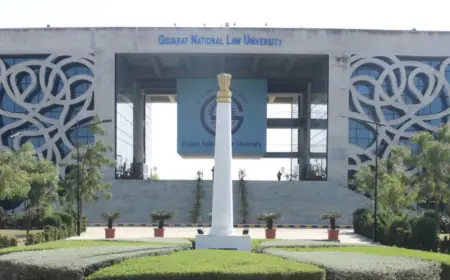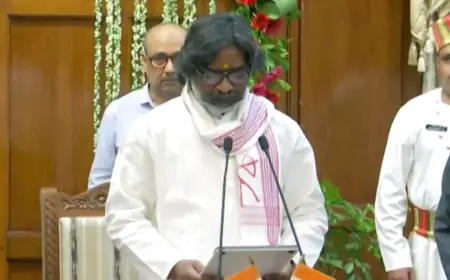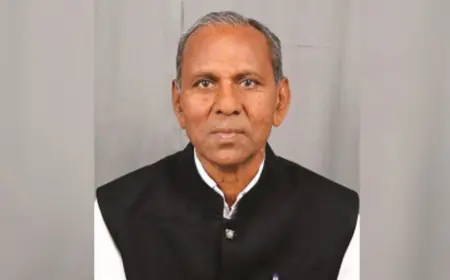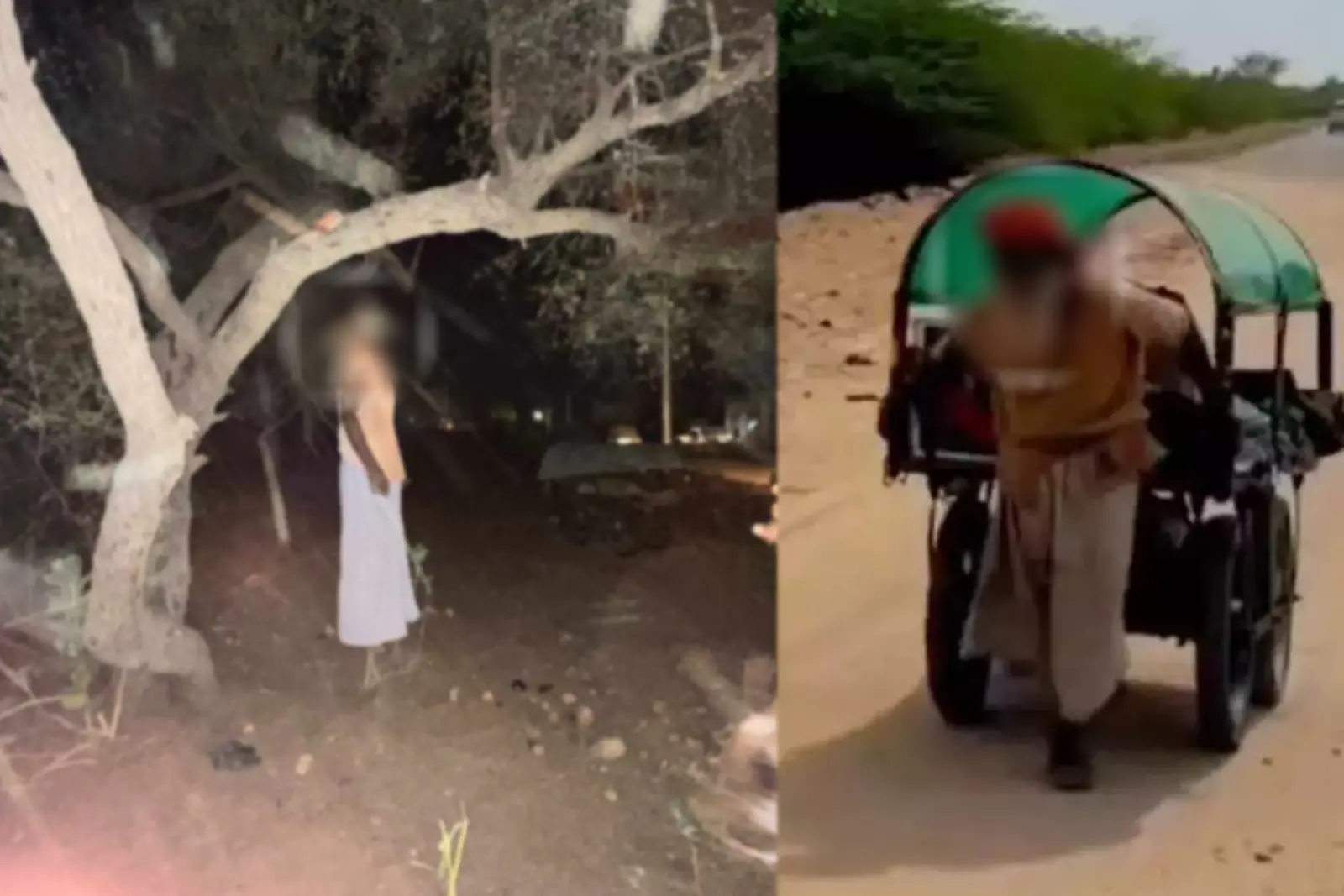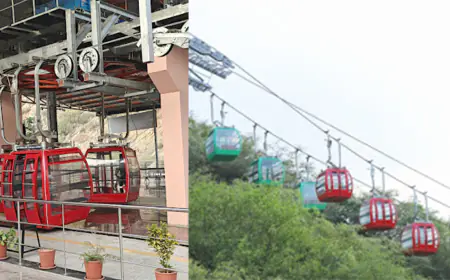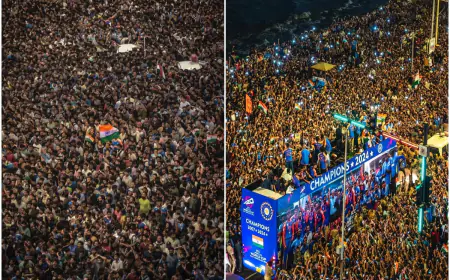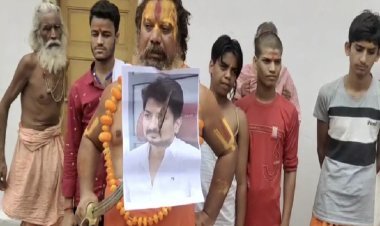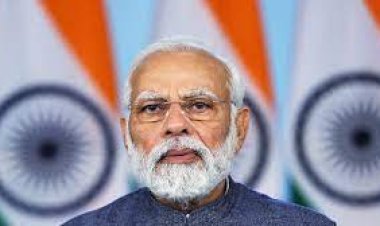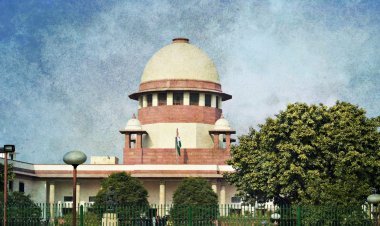PM E Bus Sewa: States will get PM e buses with conditions, arrangements will have to be made to curb private operators
PM E Bus Seva: To improve the public transport infrastructure in cities, the Central Government will provide buses to the states with strict conditions under the PM E Bus Seva Scheme. The aim is that these buses should become vehicles of change and reform and not become like the failed attempts made in schemes like JNURM.
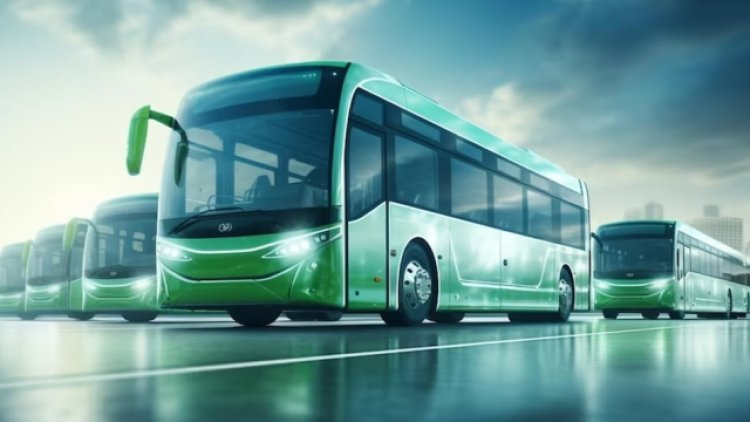
To improve the public transport infrastructure in cities, the Central Government will provide buses to the states with strict conditions under the PM E Bus Service Scheme. The aim is that these buses become vehicles of change and reform, rather than their condition becoming like the failed attempts made in schemes like JNURM.
In the guidelines issued by the Union Ministry of Housing and Urban Affairs regarding the Pradhan Mantri E-Bus Seva Yojana being implemented in 169 cities, it has been clearly stated that the cities will have to contact the concerned departments for the maintenance of the bus routes. They will also have to enter into MoUs with regional transport offices to rein in private operators operating buses on that route.
The biggest problem faced in the operation of government buses in any city is that private operators act arbitrarily in connivance with the government machinery. In this first scheme of its kind, the Central Government is going to provide assistance of Rs 20 thousand crore to 169 cities for the purchase and operation of buses.
By the way, more than 57 thousand crores will be spent in this entire scheme, in which a large part will also be spent on the development of infrastructure like bus depots in the cities. In the first phase, 10,000 buses will be given to urban local bodies for operation. The general conditions of the scheme also include that a third-party audit of the money given under the project will be mandatory so that there is complete transparency.
The cities will have to give an account of the operation of the buses every three months. Under the scheme, three types of buses – standard, medium and mini will be run. Cities are divided into four categories on the basis of population. Cities with a population of 20 to 40 lakhs will get 150 e-buses, cities with a population of 10 to 20 lakhs and 5 to 10 lakhs will get 100 e-buses and cities with a population of less than five lakhs will get 50 e-buses.
According to the scheme document, the central assistance will be given in terms of assured kilometers run and if the buses run less than this, the central assistance will be reduced proportionately. The central government will give funds in advance only for the first quarter and after that the money will be given on the basis of the performance of the cities.
The scheme is part of the Centre's effort to link central assistance to states with transparency and their performance. It is the vision of the Center that this scheme should be developed as an alternative or an auxiliary means of Metro in the cities so that the people get the facility of economical, reliable and convenient transport.
In the context of this scheme, the Prime Minister has said that this initiative will redefine urban transport. In this, priority will be given to those cities where there is no organized structure of urban transport. The central government is also seeing it as a major means of employment generation. The Ministry of Urban Affairs estimates that 45,000 new jobs will be created directly through this scheme.
